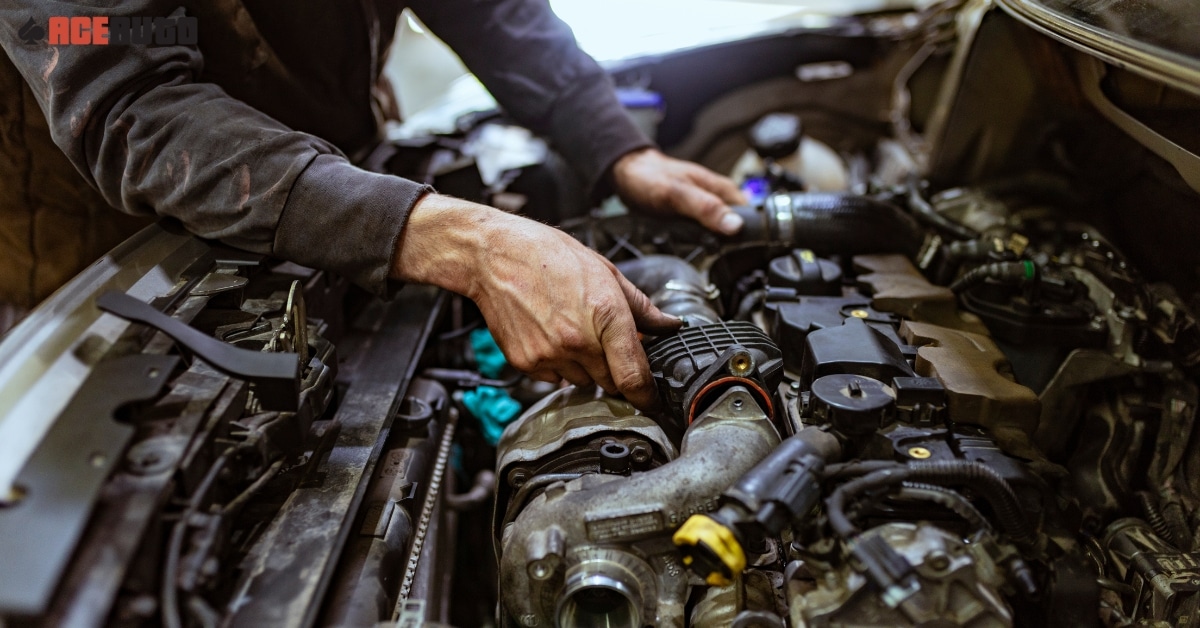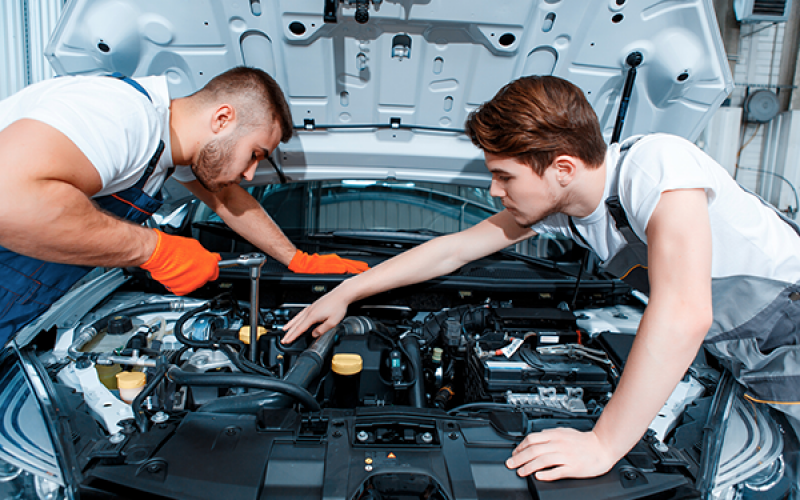All Categories
Featured
Brakes are probably the most essential safety and security feature of any vehicle. Without dependable brakes, also the most powerful cars and truck can come to be a danger on the road.
- The Relevance of Regular Brake Inspections. Brakes go through constant wear and tear with every usage, whether you're driving at broadband on the freeway or travelling through city streets. Over time, brake pads, blades, and other parts wear down, which can affect braking performance. Without normal assessments, you might not discover the gradual reduction in effectiveness till it's as well late.
Regular brake inspections permit you to catch concerns early, making certain that your brakes continue to be receptive, trustworthy, and risk-free. Prompt inspections can additionally conserve you cash by dealing with small problems prior to they come to be pricey fixings.
- Usual Indications That Your Brakes Need Focus. While routine brake assessments are crucial, there are some indication you can watch out for to recognize when it's time to set up a check-up:
Squeaking or Grinding Seems: Piercing squeaks or grinding noises when applying the brakes are often indicators that your brake pads are used out and require substitute. Resonance or Pulsation: If you feel resonances in the steering wheel or the brake pedal, it can indicate deformed blades, which may need resurfacing or changing. Soft or Squishy Brake Pedal: If the brake pedal really feels unusually soft or mushy, there may be air in the brake lines or a trouble with the master cylinder. Pulling away: If your car pulls to one side while stopping, this might be brought on by uneven brake pad wear or a problem with the brake liquid. Enhanced Quiting Range: If it takes longer to stop than normal, it might suggest that the brake pads are worn, the liquid is reduced, or the blades are damaged. If you discover any one of these symptoms, it's ideal to have your brakes examined promptly.

- Secret Parts Checked Throughout Brake Inspections. During a brake assessment, a service technician will check several vital parts of the braking system to make sure every little thing is functioning properly. Below are the key elements involved:
Brake Pads: The most usual factor for bad stopping efficiency is damaged brake pads. Examining the density of the pads is a concern throughout every inspection. Brake Rotors: Blades should be smooth and free of grooves or splits. Any type of considerable damage to the blades might cause endangered braking effectiveness and unequal pad wear. Brake Liquid: Reduced or infected brake liquid can hinder braking efficiency. The technician will examine the fluid levels and high quality and replace it if essential. Brake Lines and Pipes: Brake lines ought to be without leaks or fractures. Any kind of damage to the lines can lead to loss of brake fluid, resulting in brake failure. Brake Calipers: The calipers use pressure to the brake pads. They need to be examined for signs of wear or leaks to ensure they are working properly. Regularly checking these elements assists maintain your brake system in peak condition, allowing you to stop your automobile safely and successfully.
- Exactly how Usually Should You Have Your Brakes Evaluated? The general recommendation is to have your brakes inspected a minimum of yearly or every 12,000 miles, relying on your driving practices. Nonetheless, specific driving conditions may call for more regular inspections:
Hefty Website Traffic: If you frequently drive in stop-and-go traffic, your brake pads will use down quicker. Hill Driving: Driving on steep roads needs more regular braking, which can cause your brakes to use a lot more swiftly. Towing or Hauling Heavy Loads: If you regularly bring hefty lots, your brakes will experience a lot more stress and require even more constant assessments. If you observe any one of the caution signs pointed out previously, don't await the next scheduled examination-- have your brakes examined quickly.
- The Consequences of Disregarding Brake Inspections. Neglecting routine brake evaluations can lead to major effects. A falling short brake system might result in lowered stopping power, which increases your threat of mishaps.
In the worst situation, driving with damaged brakes can bring about finish brake failing, placing you and other motorists at threat. Regular brake assessments are a tiny financial investment that can save your life and protect against expensive repair services.
- Final Thought: Stay Safe with Regimen Brake Inspections. Brakes are not something you desire to take possibilities with. A trusted braking system is essential for safe driving, and routine brake assessments are a basic means to make certain that your auto stops when you require it most. By staying on top of brake upkeep, enjoying for warning indications, and having your brakes examined at the recommended intervals, you'll protect both your car and your safety and security.
Do not wait till your brakes begin to fall short-- routine normal brake inspections and maintain your vehicle in optimum problem for several years to find.
Latest Posts
Eco-Friendly Landscaping: Tips for Sustainable Outside Spaces
Locate Your Perfect Christmas Tree and Decors at A Touch of Green
Enhancing Your Building with Washington Fence Co.'s Timber Fencing
More
Latest Posts
Eco-Friendly Landscaping: Tips for Sustainable Outside Spaces
Locate Your Perfect Christmas Tree and Decors at A Touch of Green
Enhancing Your Building with Washington Fence Co.'s Timber Fencing
